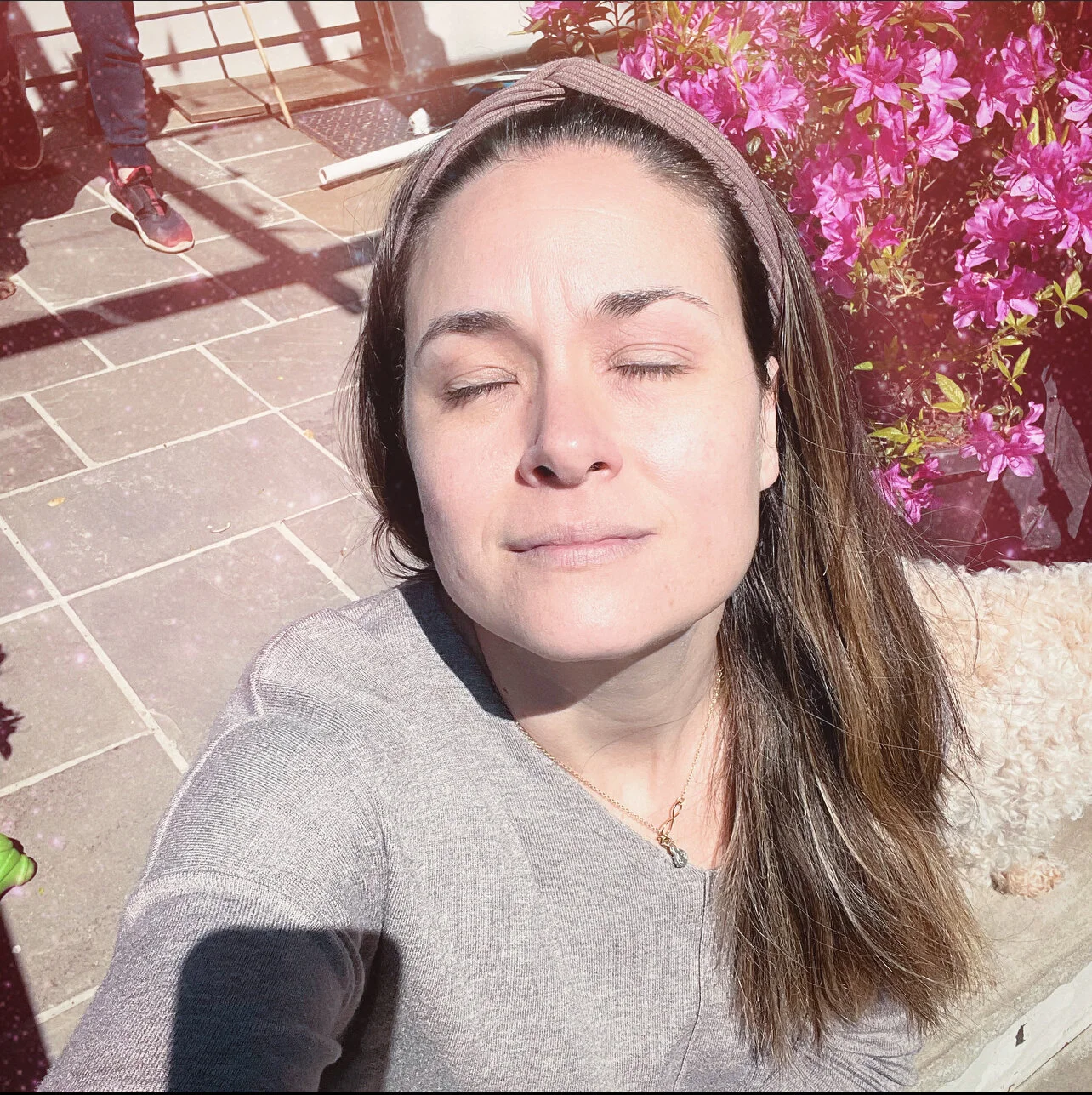"I love babies!"
“Our new neighbors are moving in today.” Miguel announced.
“Do they have any kids?” Jackson asked.
“An 8-month-old and a two-year-old.”
“A baby?! I love babies!”
And then my heart shattered into a million tiny pieces.
Jackson has made no secret of his desire to add to our family and it is devastating as his mother, as the child-bearing family member, that I cannot in any simple way give him the one thing he wants more than anything in the world: a sibling. Last week was infertility awareness week. While I have endured my fair share of pregnancy scares and complications - infertility has never been one of them. That said, I can never have another biological child and am unsure where or how my journey fits into the conversation - or any conversation really. However, what I do know is that I’m not alone.
Before Adelaide died I wrote Family Planning, where I addressed our desire to add to our family, to give Jackson a healthy* sibling. Even though Adelaide had not yet taken her final turn for the worse we could see that her life would not be long. We wanted and still want Jackson to have a sibling to grow up with, to be an adult with. Also, not for nothing, Jackson is an amazing big brother and it’s (add it to the list) wildly unfair that at this time no other child gets to experience that.
Of all the reasons I fought and continue to fight for a diagnosis, a true genetic cause for Adelaide’s myriad of symptoms, perhaps the leading reason is this: without a genetic variant to focus our energies on we are playing Russian roulette with a future biological child’s life — and there are only four chambers in this gun. One in four are not the odds I wish to play on a future child’s life.
Now, if we knew which gene was our troublemaker then we could pay tens of thousands of dollars to go the IVF route in hopes that at least one little embryo would turn out healthy. Not exactly a walk in the financial or hormonal park, but it would be an option all the same. If only we knew which bundle of genetic letters to blame.
We had looked into adopting, but then the pandemic hit and I couldn’t imagine that agencies or pregnant mothers would be eager to give their child up to an out-of-work actor, who didn’t know when he would be back onstage, and his wife, who hadn’t worked for money in five years. I also worry about the stress and anxiety of going through the adoption process only to have matches fall through or children placed with biological family members instead of us. Fostering was up for discussion, but the thought of bonding with a child only to have them taken away was a little more than this grieving heart could take.
Somedays I look at our family and think I can be happy with this, we three can be enough. After all, how lucky are we to have a beautiful, healthy, kind and amazing son?! Think of all the people who want nothing more than one healthy child - and we have that! We should be grateful! And we are, but that ‘should’ and it’s accompanying gratitude doesn’t take away the cutting knowledge that any decision to add to our family in a simple biological, pull-the-goalie and just have sex kind-of-way, is not an option for us. One word in a library full of books was spelled wrong and because of that word we don’t get to have more children the “easy way” and it sucks.
Our journey with Adelaide - and Hamilton for that matter - has taught me that there is no way to know what the future will hold. The litany of possible surprises waiting just around the corner could be endless. I mean, there is always the chance that a child in need of a family could fall into our laps and we would welcome and love them like our own - but that’s not exactly something you can plan for and manifest into reality. In the meantime, I waffle back and forth between accepting my family as it is and longing to fill a table set for four. Between loving that I have an office in our home and dreaming what it would look like as a child’s bedroom. And between showering Jackson with all my love and knowing deep down I have even more love to give.
*By healthy I do not mean not disabled. A child can be physically or intellectually disabled and still be perfectly healthy. By healthy I mean a child that is not ill — not medically suffering.




